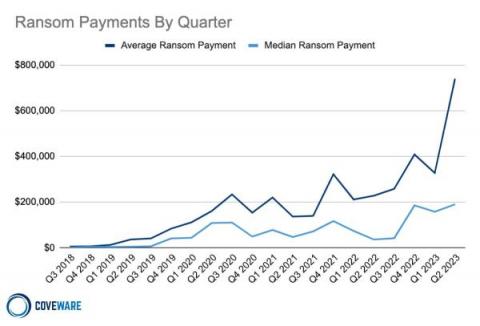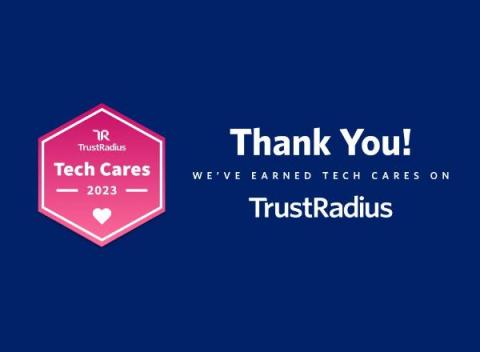Ransomware's Paradox: Why Falling Monetization Rates Are Accompanied by Soaring Ransom Payments - A Must-Read Analysis.
Grab a cup of coffee, and let's talk about something that's been making waves in the cybersecurity world: ransomware. You've probably heard about the alarming rise in ransom payments, but did you know that ransom monetization rates have actually fallen to a record low? It's a complex and evolving landscape, and we're here to break down the recent very interesting Coveware report for you.





